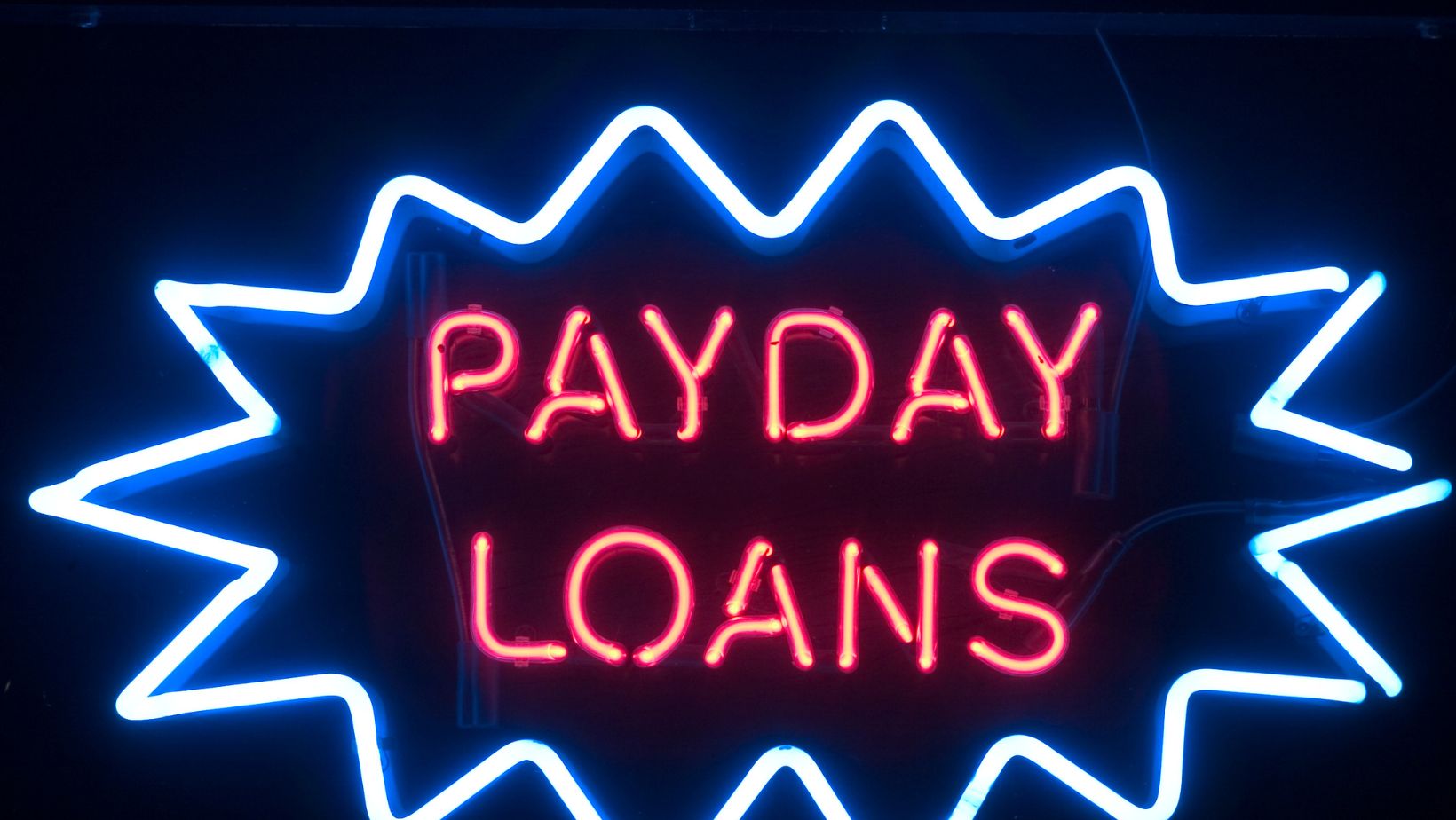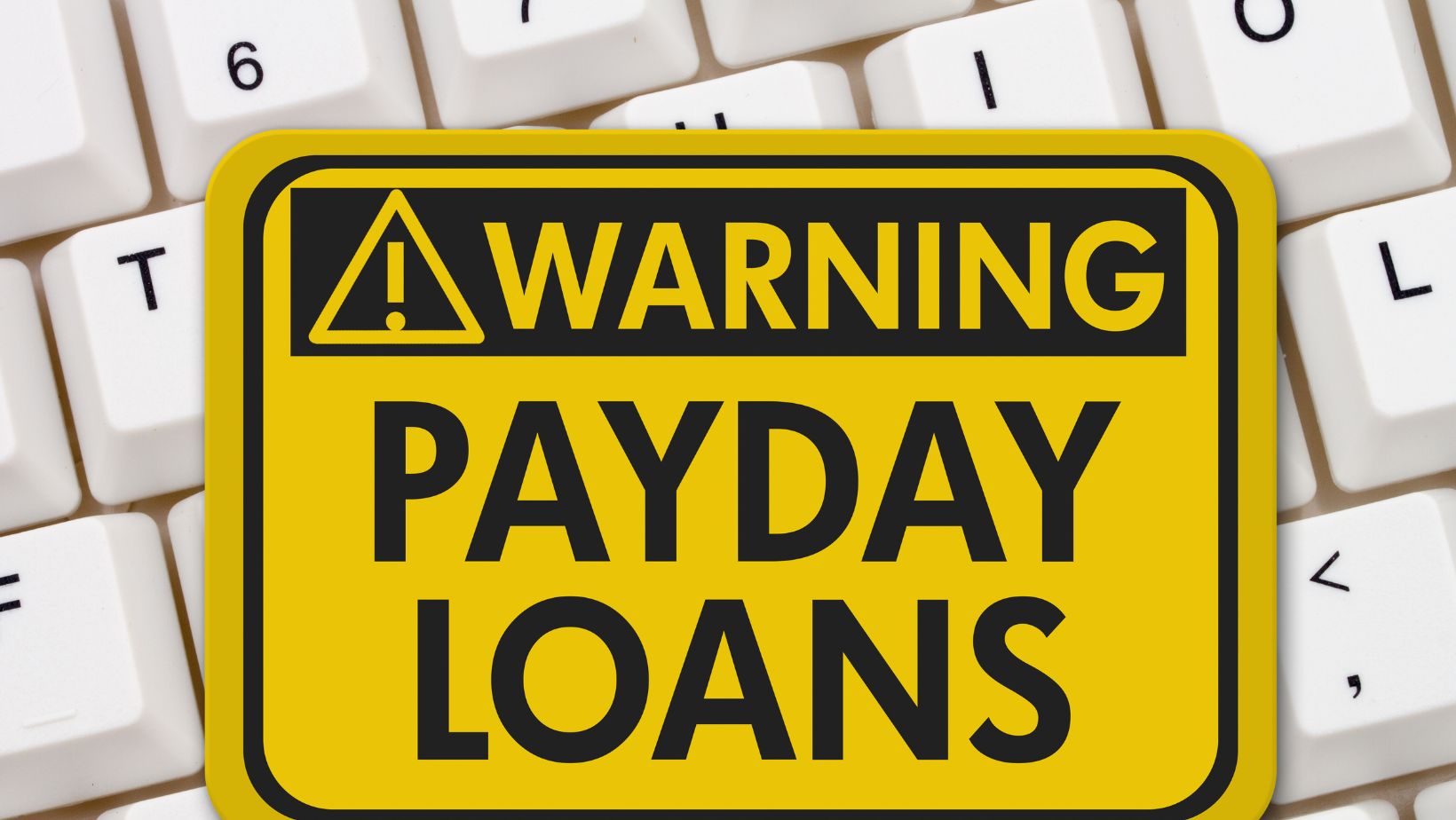In today’s fast-paced world, financial emergencies can strike without warning, leaving you in urgent need of money. Whether it’s an unexpected medical bill, car repairs, or any other unforeseen expense, a payday loan might seem like a quick solution to your financial woes. However, before you decide to apply for a payday loan , it’s important to understand what you’re getting into. This article will cover essential information about payday loans, helping you make a well-informed decision.
What is a Payday Loan?
A payday loan is a short-term, high-cost loan designed to help you cover expenses until your next payday. Typically, these loans are for smaller amounts, ranging from £50 to £1,000, and are expected to be repaid in full when the borrower receives their next paycheck. Payday loans are often accessible even for individuals with poor credit histories, as lenders primarily focus on employment and income status.
Understanding the Costs and Risks
The most significant concern with payday loans is their high-interest rates and fees. The Annual Percentage Rate (APR) on payday loans often exceeds 1000%, which can make them considerably more expensive than other forms of credit. Due to these high costs, if you’re unable to repay the loan promptly, you may find yourself trapped in a cycle of borrowing, leading to mounting debt and potential financial distress.
 It’s crucial to thoroughly assess your repayment ability before you commit to a payday loan. Borrow only what you absolutely need and are confident you can repay with your next paycheck to avoid falling into a debt spiral.
It’s crucial to thoroughly assess your repayment ability before you commit to a payday loan. Borrow only what you absolutely need and are confident you can repay with your next paycheck to avoid falling into a debt spiral.
Alternatives to Payday Loans
Before opting for a payday loan, explore alternative solutions that may offer more favourable terms. Consider borrowing from friends or family, who may provide a loan without the stringent terms and high interest of payday loans. If possible, seek assistance from local charities or government schemes designed to help those in financial hardship.
Another option is a credit union loan, where interest rates are usually lower and repayment terms can be more flexible. Additionally, over-the-limit or overdraft services from your bank may be more economical options compared to payday loans.
Your Rights as a Borrower
If you find yourself considering a payday loan, it’s important to know your rights as a borrower. In the UK, payday lenders are regulated by the Financial Conduct Authority (FCA), which mandates that lenders are transparent about the cost of borrowing and adhere to a series of guidelines intended to protect consumers.
 Lenders must carry out affordability checks to ensure consumers can afford to repay the loan. If you feel a lender has not acted fairly, you have the right to file a complaint with the Financial Ombudsman Service.
Lenders must carry out affordability checks to ensure consumers can afford to repay the loan. If you feel a lender has not acted fairly, you have the right to file a complaint with the Financial Ombudsman Service.
Final Thoughts
While payday loans can provide a short-term financial fix, they come with high costs and risks that should not be overlooked. Always weigh the pros and cons, consider alternative options, and be fully confident in your ability to repay the loan in full on time. If used responsibly and as a last resort, payday loans can be a helpful tool in navigating financial hardship, but they can also lead to greater financial difficulties if not handled with care.
Ultimately, the best defence against financial emergencies is proactive financial planning and creating a budget that includes an emergency fund to mitigate unexpected expenses.

Areesha Kaleemullah, a prolific writer at MoneyAisle.com, is renowned for her insightful and engaging financial content. With a deep passion for personal finance and wealth management, Areesha expertly simplifies complex financial topics for her readers. Her articles are a treasure trove of practical tips and innovative strategies for savvy financial planning.
